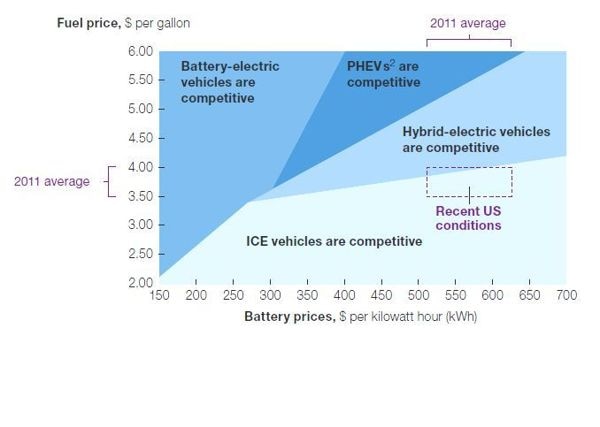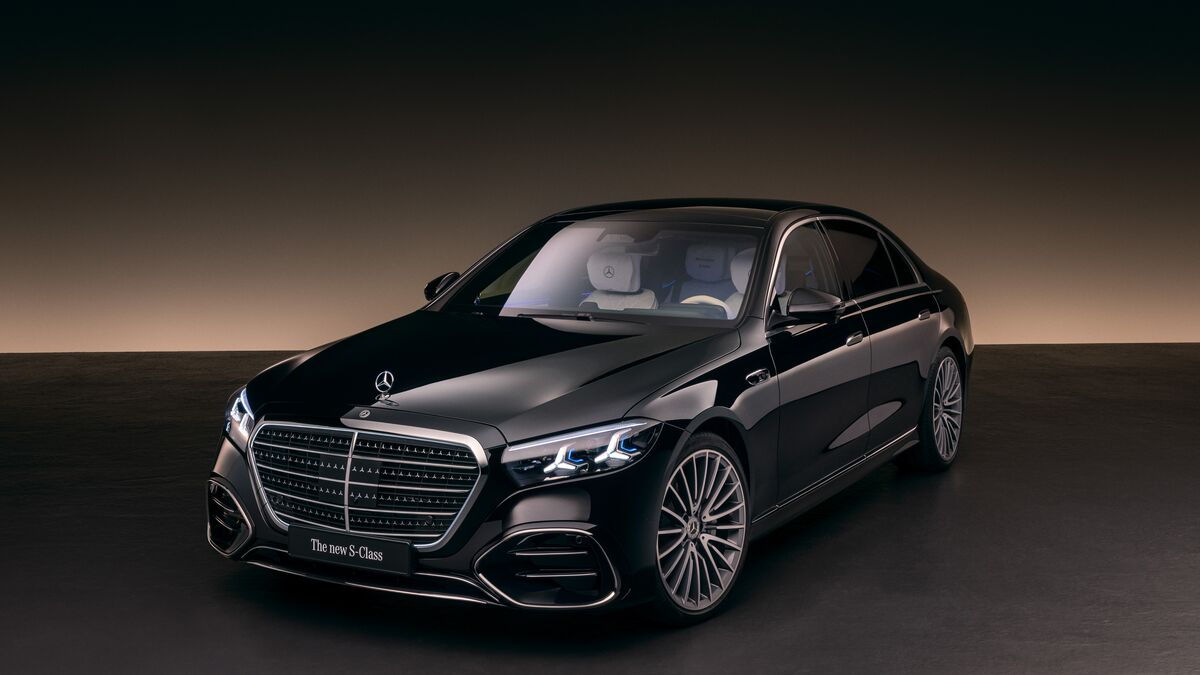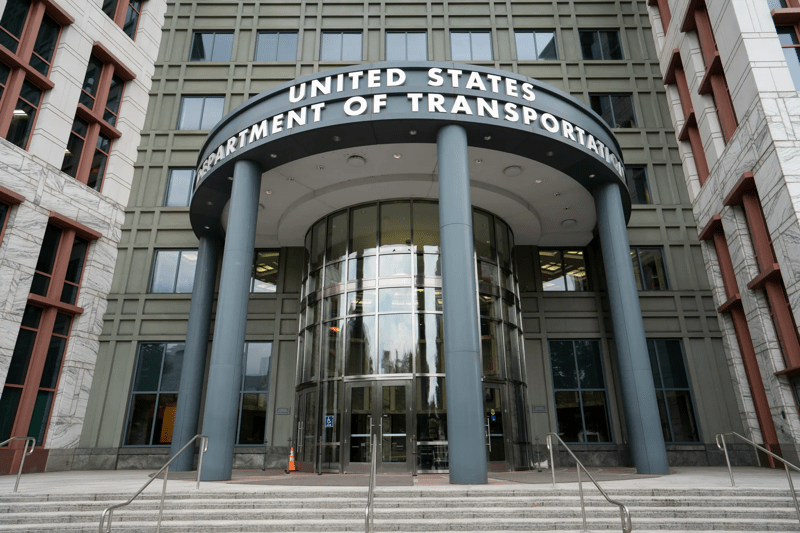A new report by the global management and consulting firm McKinsey & Company concludes that the price of lithium-ion batteries used in tomorrow’s hybrid and electric-powered vehicles could drop as much as two thirds by the end of the decade and fall an additional 20 percent by 2025. Beyond boding well for the future of greener and more efficient transportation alternatives, the McKinsey study also notes that this accelerated level of cost reduction could have wide-ranging effects on the auto industry in general as well as on various other sectors of the economy, from commercial producers of petroleum and power to the world of consumer electronics. It further anticipates cheaper battery costs will lead to additional innovation in other areas of related technologies — including optimization of internal combustion engines — and ultimately reshape the broader economics of transportation in general over the course of the next 10 years.
McKinsey researchers used a bottom up approach to addressing the issue and examined over 40 different underlying potential cost drivers, from expected changes in materials technology and manufacturing processes to things like overhead and margins. It determined that the cost of a completed lithium-ion battery pack for an EV could be cut from the current $500-$600 per kilowatt hour of capacity to about $200 by 2020 and closer to $160 by 2025. According to McKinsey, if gasoline prices remain at or above $3.50 a gallon, an EV fitted with a lithium-ion battery pack costing less than $250/kWh would be virtually equal to a car powered by an internal combustion engine on a 5-year total-cost-of-ownership basis. It also identified three key areas where the most profound gains will be realized. Economies of scale will account for roughly a third of the projected cost reduction, lower component prices for another 25 percent and various battery-capacity boosting technologies for the remaining 40-45 percent of the formula.








